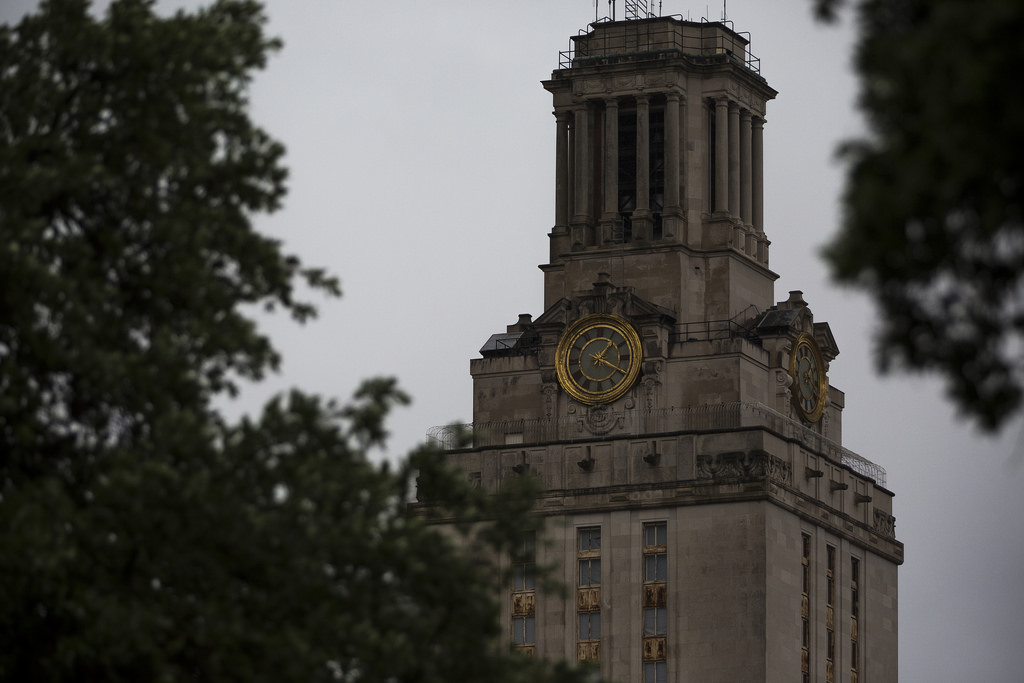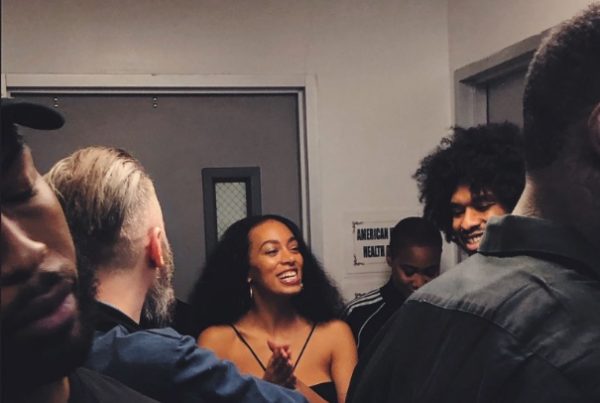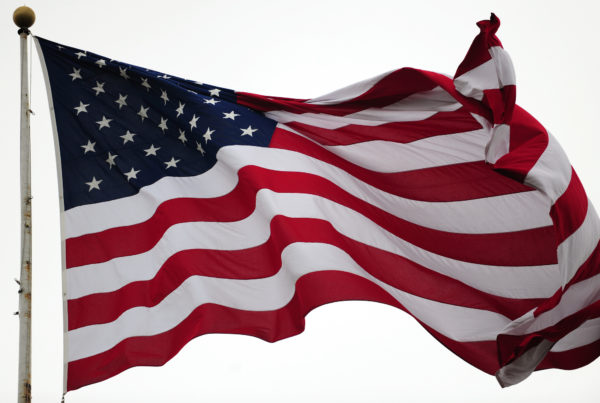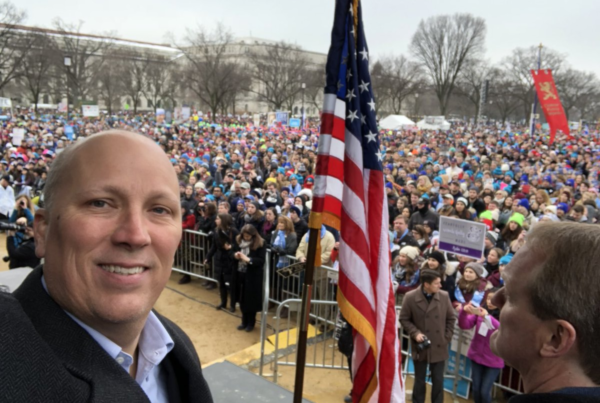A University of Texas at Austin tennis coach is among the 50 people charged in a nationwide college admissions scandal that includes prominent business leaders and celebrities. According to a report from The New York Times, it was the Justice Department’s “largest-ever college admissions prosecution.” UT tennis coach Michael Center was accused of accepting bribes, and eight federal agents in tactical gear came to his North Texas home to arrest him Tuesday morning. He pleaded not guilty to a charge of mail fraud, and the university has put him on leave.
But much of what is alleged in the indictments was perfectly legal: photoshopping, lying about a student’s qualifications, making big, tax-deductible donations. All of it has led to larger questions about the fairness of the legal college admissions system, which seems to favor those with more money and more connections.
Scott Jaschik, editor-in-chief for Inside Higher Ed, says the scandal matters when it comes to illegal college admissions scams, but he says the legal ways some people can still game the system are the bigger problem.
“Even if these people go to jail, there are huge advantages for the wealthy over the non-wealthy and they will remain in place,” Jaschik says.
He says students who go to private schools, have private tutors or have parents who are university alumni give them advantages that others don’t have when it comes to getting into college.
“It’s important to remember that higher education is not a pure meritocracy even without these sorts of alleged illegal acts,” Jaschik says.
No university is charged in the indictments. Jaschik says only coaches at a handful of schools, including the University of Southern California and Yale, have been charged. They certified unqualified students as athletic recruits in order to get them admitted to the school. That’s not allowed. But universities nationwide do have policies that give favorable admission to students who are recruited to play a sport. And that policy is what Jaschik says is problematic.
“The question raised is, ‘Should there be so much preference for athletes?'” Jaschik says.
But even lying about a student’s athletic ability to get him into college isn’t illegal. What is illegal is bribing college coaches and sending money across state lines to do so. Jaschik says that’s what people are being indicted for.
“[And] funneling money into a phoney foundation so that in some cases you can write it off – all of those are illegal acts,” Jaschik says.
But because of this scandal, he says now, the legal things that give some kids an unfair advantage, like being an athlete or having parents who are wealthy donors to a university, are causing some to question the ethics of those advantages.
“It certainly seems like a day of reckoning, but we’ll have to see what happens,” Jaschik says. “Colleges were vulnerable in this case because of the preferences they give. … I’m not guessing a lot of them are gonna stop that practice.”
Written by Caroline Covington.















